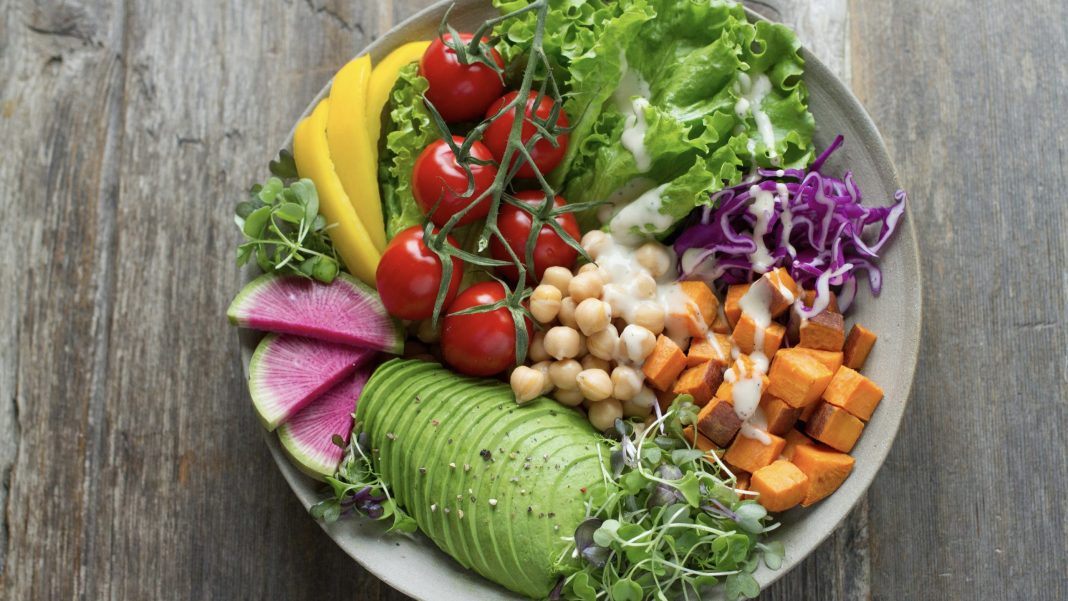About a third of U.S. adults say they’re interested in reducing the amount of meat they eat, even if they’re not planning to become vegetarian or vegan.
Turow-Paul: “Which is a really exciting finding because it’s showing that food culture is beginning to bend in a more sustainable direction.”
Eve Turow-Paul is founder and executive director of the Food for Climate League. The nonprofit partnered on a recent report about people’s eating habits and attitudes about “plant-forward” diets.
Turow-Paul: “Plants are really at the forefront of the meal. And meat or other animal products such as dairy, butter are going to be playing a supporting role to the plants. And by plants … we’re not just talking about leafy greens, we’re talking about whole grains, nuts, seeds, legumes. It runs the whole gamut.”
According to the report, most people considering a more plant-forward diet are motivated by health or cost. But eating less meat also helps the climate.
It reduces the deforestation caused by animal agriculture. And it helps limit climate-warming methane emissions from cows.
Turow-Paul: “We don’t need the whole world to be vegan and vegetarian. We do need everyone to be reducing the amount of animal protein that they are consuming.”
So she’s excited that more people are getting hungry for plant-forward meals.
Reporting credit: Sarah Kennedy / ChavoBart Digital Media
We help millions of people understand climate change and what to do about it. Help us reach even more people like you.


